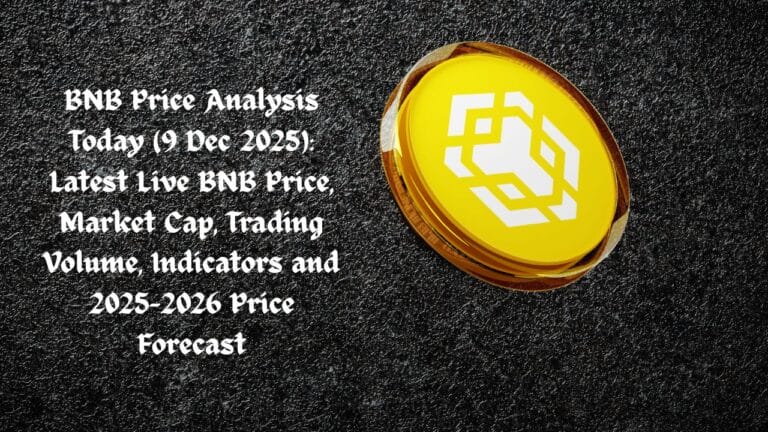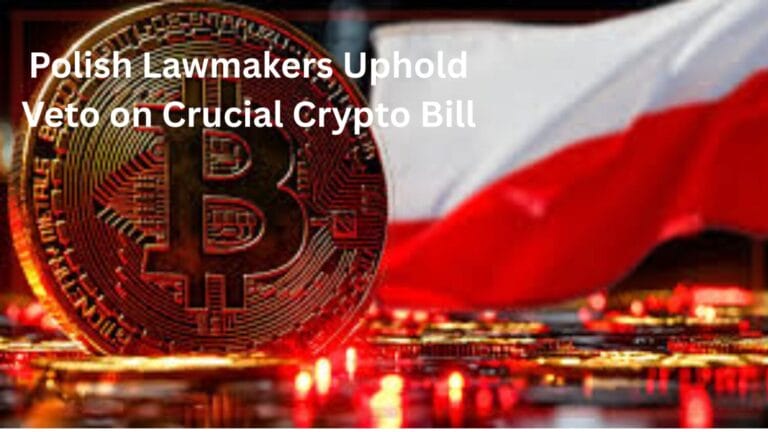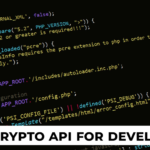Key Takeaways
- The Governor of the Bank of Spain, Pablo Hernández de Cos, has reaffirmed his views on the dangers associated with the cryptocurrency market.
- In its most recent financial stability report, Spain’s Central Bank gave a notice about these assets’ “substantially increased” complex interactions with the entire financial system.
- “One source of vulnerability is the impact on the banking sector,” adds the governor of the Spanish central bank.
Pablo Hernandez de Cos, the Governor of the Bank of Spain, has issued a warning against the expansion of cryptocurrency. Letting cryptocurrency markets to interact with traditional financial institutions poses risks, according to the governor.
According to Pablo Hernandez de Cos, the substantial number of trading tools that have debuted throughout this latest bullish episode, including ETFs, futures, and investment funds, has enhanced the correlation between these unregulated markets and established institutions.
“Some prominent private companies publicly announced their interest in using crypto assets for cash management, while others campaigned for it,” Hernandez De Cos added.
As per some figures, the volume of transactions in Spain in 2021 will be around 60,000 million euros. Nevertheless, they are much less advanced than what was previously assumed, and in totality, this market only accounts for about 1% of the world financial system.
At the same time, de Cos emphasizes that “we must not forget about the fact that this market is already bigger than that of subprime mortgages in the run-up to the global financial crisis.” It also notes that “the trading volumes of some of the most representative types of assets (including Bitcoin, Ethereum, and Tether) occasionally approached, approached those of the New York Stock Exchange (between 70% and 95%).”
The governor has emphasised the high volatility of the market, as well as the concern it has caused among financial regulators. “We recently underlined at the Financial Stability Board (FSB) that, if not properly regulated and supervised, these markets could quickly reach a tipping point,” says de Cos. He cites “the potential impact of crypto assets on the proper functioning of financial markets” as a material risk.
Cos also suggests that a set of regulatory measures are coming to fruition, considering the scale of the barriers. Public alerts about the dangers of purchasing and/or possessing virtual currencies, as well as both national and international initiatives, are merged. and international ones, which are crucial due to the global nature of crypto assets.
This isn’t the first time the Bank of Spain has issued a warning about the potential risks with crypto trading on traditional markets. In April, the Bank released a report highlighting the problems related to crypto and conventional markets.
It can be said that The Bank of Spain, like other financial institutions such as the IMF, the World Bank, and the European Central Bank, is opposed to cryptocurrency because it gives people power and encourages decentralisation. Many traditional institutions believe that cryptocurrency has the ability to destabilize the existing fiscal system, which relies heavily on banks to regulate commerce and transactions. Central banks are also concerned that cryptocurrency will erode their role as custodians or guarantors of the money in circulation.









